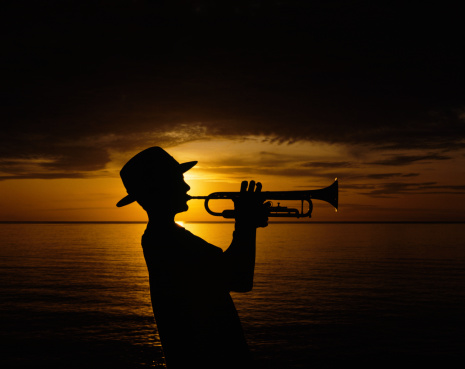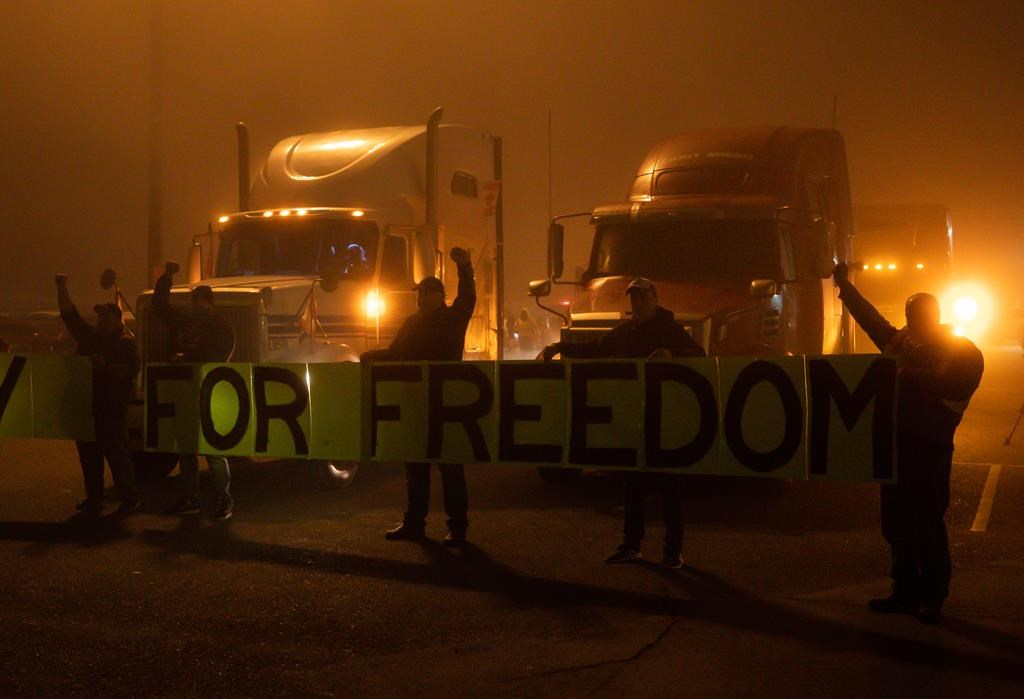



I have always wondered why God "hardened Pharoah's heart"; I've always been curious about moments in Scripture which seemed to create contradictory views of God's character, loving versus vindictive, just versus unjust; under this curiosity lay a kind of hyper-vigilance around trust issues, around what it means to really be loved by my Creator...and all the love in the world depends on what the love of God means. Our smaller human loves can be re-categorized as various forms of survival needs, memory of infant satisfaction, or simply material, chemical responses to various stimuli, without the love of God. If the Artist, the One beyond who needs nothing from us does not love us, or is not there, all the movements of our wills are reduced, for there is nothing beyond; our loves are no longer signs to a Higher Object, but are ends in themselves--and as St. Catherine of Siena proclaimed with her life the words Jesus spoke to her, "You, human, are what is not; I, your Lord, am what is." Without Him, our loves are nothing; with Him, they can transcend themselves.
Yet who is this God who loves? Does He really love each of us? God "hardening" a heart that served a vision of polytheistic dominance of the known world seems just on one hand, but when that hardening served to create more suffering for the innocent and only prolonged the time that the Israelites were caught in Egypt, it seems like the unloving creation of unnecessary suffering, at the least, and petulant one-upmanship at the worst. God doesn't need to do one-upmanship, does He? Yet this is what it appears from the very beginning, as Moses and Aaron confront Pharoah's magicians and respond in kind, but better, in contests like making serpents from staffs. God's serpent eats the others.
As the plagues multiply, the phrase "and God hardened Pharoah's heart" makes its appearance; why? Rabbi David Fohrman offers the following explanation in one of his parishes: There are two Hebrew phrases used: one meaning "made stubborn" (as in one's own will hardening) and the other meaning "made courageous" (as in being given the power to continue to fight). This latter phrase seems less likely, doesn't it? However, this one is used. Why would God "encourage" Pharaoh, and in what way, especially if Pharaoh's vision, and through him, his people, is that of a polytheistic dominance, a view that excluded the sovereignty of a single, transcendent Creator?
Could it be that God has a larger agenda than just getting the Israelites out of Egypt, though that was the catalyst, the core? What if the whole thing were about justice on a number of levels: justice for His people, the Israelites, a re-ordering justice that set things right for them; justice, in terms of re-ordering the vision of Pharaoh and his people, and through them other peoples throughout geography and time, as the story spread? What if it were about a parental love that did not want to take free will away, ie hardening a heart to make a tool of Pharaoh, but rather to say, "Son, fight me for your warped vision; I will strengthen your heart, your free will to continue this fight until you see this vision fails; as this happens, you will, perhaps look for Me, you will at last see that I am truly in control of all areas of life--and death."
This view of the "hardening" is a view of a daring, great love, and yet this is not tame, as CS Lewis used to say. This is a severe mercy and it certainly terrifies me, yet I stand back in awe of this Parent who would not settle for children who loved Him simply because they gave up in a one-upmanship competition, but because they really saw Him, finally. It also tells me that this is a God who will chase us down, stop at nothing; it also tells me that suffering and even death are, in the hands of God, educational, attempts to save us with our understanding, the necessary precursor to real consent, real love.
The plagues are an intensifying lesson about who this "I am who am" is; from the moment that He introduces Himself to Moses as Existence itself, to the moment when He commands thousands of tons of water to fall upon the army of Pharaoh, God is showing who He is; He, in His mercy, creates a ladder of lessons, from almost playful courtroom displays to world-stage events. He allows a proud Pharaoh to face-off with Him, even as He allows a frightened, insecure Moses to take along a stronger voice in Aaron. He taught the Egyptians and the Israelites visceral lessons about His true nature as a Creator, the source of natural forces and their proper order; the One of Justice who will defend His people; the One who will never take free will or consent, simply because He wants to be served and loved, to be seen.
We too live in a time of plague; we too live in the time of the Horsemen. Does it feel like we, God's people, are increasingly under the eye of Pharaoh, a multiplication of eyes intent of plutocratic dominance, anti-God, a mockery of the Creator who, though He could incinerate us all, nevertheless respects our free will, our ability to choose to live in a vision apart from Him? Are we living in Egypt, where fear of the forces of nature drive us to oscillation between dominance and worship of them? Is God hardening hearts again, squaring off for the fight for the true vision?
One Jewish scholar stated that not all the Israelites chose to trust God and leave Egypt, that many of them stayed behind, new acolytes to the old pagan vision of placation and control. The remnant of Jacob's great family placed their trust in God and went through the water in defiance of worldly and demonic power: they made their choice to trust in the desert, on a journey that required that choice to trust--or not--over and over. Is there a remnant now? Which of us refuse to trust a system, a conglomeration of industry and government that seems lost in a warped vision, and instead wish to understand the truth, which is itself a movement toward Him who is the source of truth?
Are we like those Israelites who must watch, and hope, and pray, and stand fast as the plagues come---does God harden hearts around us because He wants to educate not just some of us, but all of us? Is He showing us the natural consequences of a system built on faulty values and perverted practices like abortion?